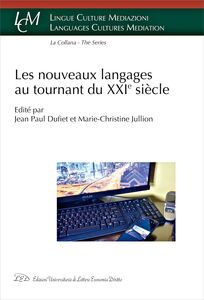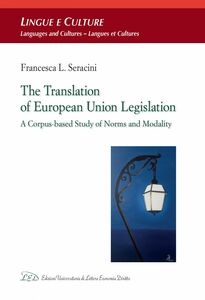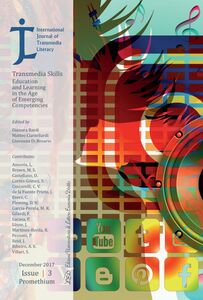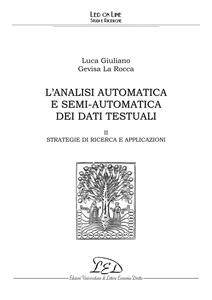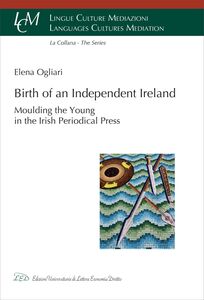
"Birth of an Independent Ireland" is a study of the rise of a distinctly Irish nationalist youth in the early twentieth century, which is analysed by focusing on how and to what extent the parallel advent of dedicated periodicals stimulated it. As Ireland moves through the centenary of commemoration of the War of Independence and the establishment of the Free State, it seems only right to direct our attention to the primary role played by the young in the revolutionary years between 1913 and 1923, when Irish boys and girls actively participated in the life of their country as agents of nation-building. In part, they had been taught how to do so. Although they were never mere recipients who passively absorbed pre-formed systems of values, the young had been mentored by nationalist groups and individuals to become active citizens and the builders of a free, independent Ireland. Multiple actors of nationalist sympathies impacted on their lives through social and cultural activities and cultural production ranging from historical works to popular periodical literature. Regarding the latter, a prominent part was played by Our Boys, Fianna, Young Ireland, and St. Enda’s – periodicals for juveniles that carried out a political and cultural programme by catering for both the delight and instruction of Ireland’s youth. They published creative literary work alongside political and critical commentary on pressing matters, as the imperative of these newly-formed papers was to bring their readers into the public space of politics, so that they would contribute to the nation-building process. Therefore, this volume explores how the periodicals constructed very specific images of Irish girlhood and boyhood that were designed to foster a sense of loyalty to Ireland and the nationalist cause, and how they popularised particular receptions of momentous events in Irish history, such as the First World War and the 1916 Easter Rising, so as to buttress their political agenda.
Book details
-
Publisher
-
Original text
Yes -
Language
English -
Publication date
-
Theme
-
Collection
About the author
Elena Ogliari
Elena Ogliari holds a PhD in Literary and Cultural Studies from the University of Milan. She is the recipient of the 2020 post-doc grant awarded by Fondazione Fratelli Confalonieri and her current research project focuses on popular responses to the Great War in Ireland. She has published articles on subjects as diverse as the Irish war effort in the First World War, the Irish struggle for national self-determination, Maud Gonne’s writings, and the representation of wetlands in Irish culture.



